Slicing: Privacy-Preserving Data Publishing with l-Diversity
Problem Definition
PROBLEM DESCRIPTION:
Despite previous techniques such as generalization and bucketization being proposed for micro data privacy, they have limitations that need to be addressed. Generalization often results in a loss of information for high dimensional data, while bucketization does not effectively prevent membership disclosure. This creates a significant challenge in ensuring the privacy of microdata publishing, particularly when dealing with high dimensional data sets.
Therefore, there is a need for a new approach that can efficiently handle high dimensional data while providing effective protection against membership disclosure. The use of slicing, as described in the project "Slicing: A New Approach to Privacy Preserving Data Publishing", offers a promising solution to this problem.
By utilizing the slicing technique to compute sliced data that adhere to l-diversity requirements, it is possible to achieve better privacy protection compared to generalization and bucketization methods.
Overall, there is a pressing need to address the limitations of current techniques in order to ensure the privacy of microdata publishing, particularly when dealing with high dimensional data sets. The development and implementation of the slicing technique presents a viable solution to this challenge.
Proposed Work
The proposed work titled "Slicing: A New Approach to Privacy Preserving Data Publishing" focuses on addressing micro data privacy concerns, which are crucial in today's digital age. Traditional techniques like generalization and bucketization have been utilized for microdata publishing privacy, but they have limitations such as information loss in high dimensional data and inadequate protection against membership disclosure. This research introduces a novel technique called splicing, which efficiently computes sliced data to adhere to the l-diversity requirement. The results show that slicing outperforms generalization and bucketization by providing better protection against membership disclosure and being suitable for high dimensional data. This study falls under the JAVA Based Projects category, specifically within the subcategory of Knowledge and Data Engineering.
The software used for this research includes tools for data processing and analysis.
Application Area for Industry
The project "Slicing: A New Approach to Privacy Preserving Data Publishing" has the potential to be applied in various industrial sectors that deal with high dimensional data and have concerns regarding microdata privacy. Industries such as healthcare, finance, and e-commerce, which handle sensitive information and require strict privacy regulations, can benefit from the proposed solutions. For example, in the healthcare sector, where patient data needs to be protected, the slicing technique can offer better privacy protection compared to traditional methods like generalization. Similarly, in the finance sector, where financial transactions and customer data need to be secure, slicing can provide effective protection against membership disclosure.
The benefits of implementing this project's proposed solutions in different industrial domains include improved privacy protection, especially for high dimensional data sets, and better adherence to privacy regulations.
Industries facing challenges related to data privacy and security can leverage the slicing technique to ensure the confidentiality of their data while still being able to utilize it for analysis and decision-making processes. Overall, the development and implementation of the slicing technique present a valuable solution to the limitations of current techniques in microdata publishing, making it a valuable tool for industries that prioritize data privacy and security.
Application Area for Academics
The project "Slicing: A New Approach to Privacy Preserving Data Publishing" holds significant relevance for MTech and PHD students conducting research in the field of Knowledge and Data Engineering. This project addresses the limitations of traditional techniques like generalization and bucketization in ensuring microdata privacy, particularly for high dimensional data sets. MTech students and PHD scholars can utilize the code and literature from this project to explore innovative research methods, simulations, and data analysis for their dissertation, thesis, or research papers. The slicing technique introduced in this project offers a promising solution to the challenges of privacy protection and membership disclosure in microdata publishing. By utilizing this technique, researchers can achieve better privacy protection compared to existing methods.
The use of JAVA-based tools for data processing and analysis further enhances the potential applications of this project for conducting cutting-edge research in the field of Knowledge and Data Engineering. For future scope, researchers can further explore the implementation of slicing technique in real-world scenarios and investigate its effectiveness in different types of data sets.
Keywords
micro data privacy, slicing technique, l-diversity, privacy protection, data publishing, high dimensional data, membership disclosure, generalization, bucketization, data processing, data analysis, JAVA, Netbeans, Eclipse, J2SE, J2EE, ORACLE, JDBC, Swings, JSP, Servlets, knowledge engineering, data engineering
| Shipping Cost |
|
No reviews found!













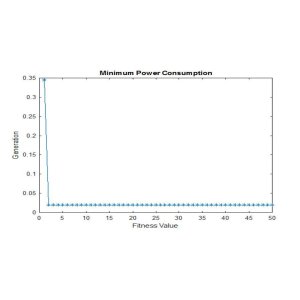
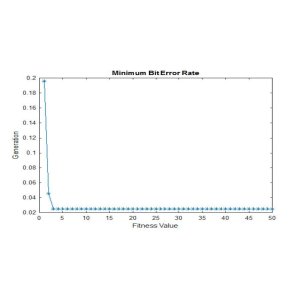
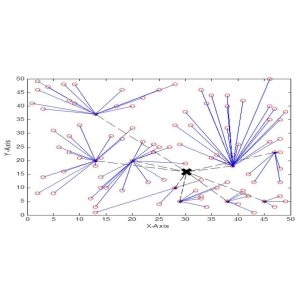
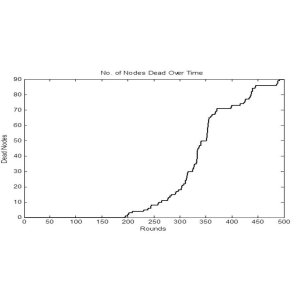

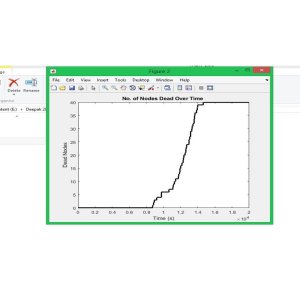


































No comments found for this product. Be the first to comment!